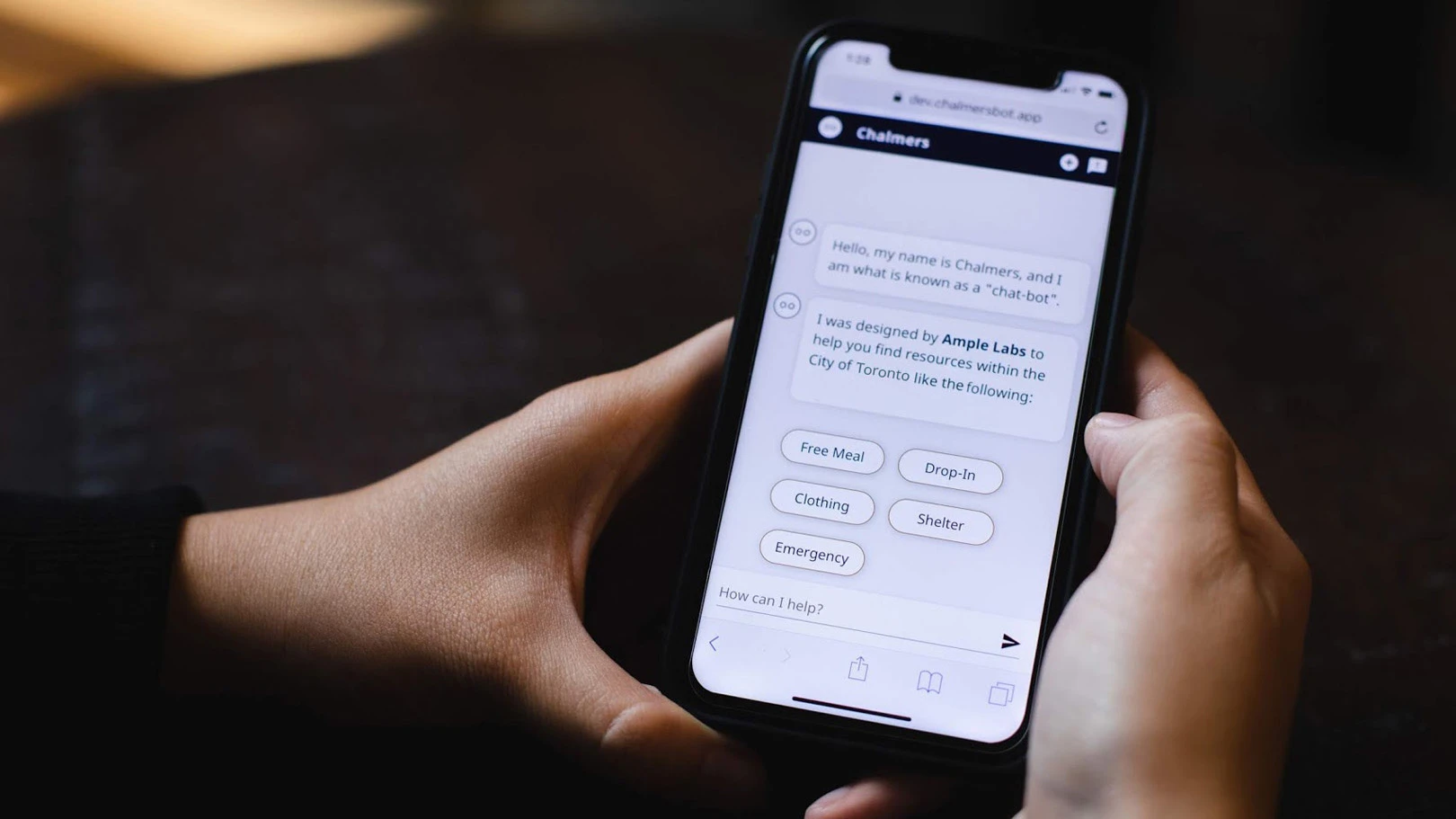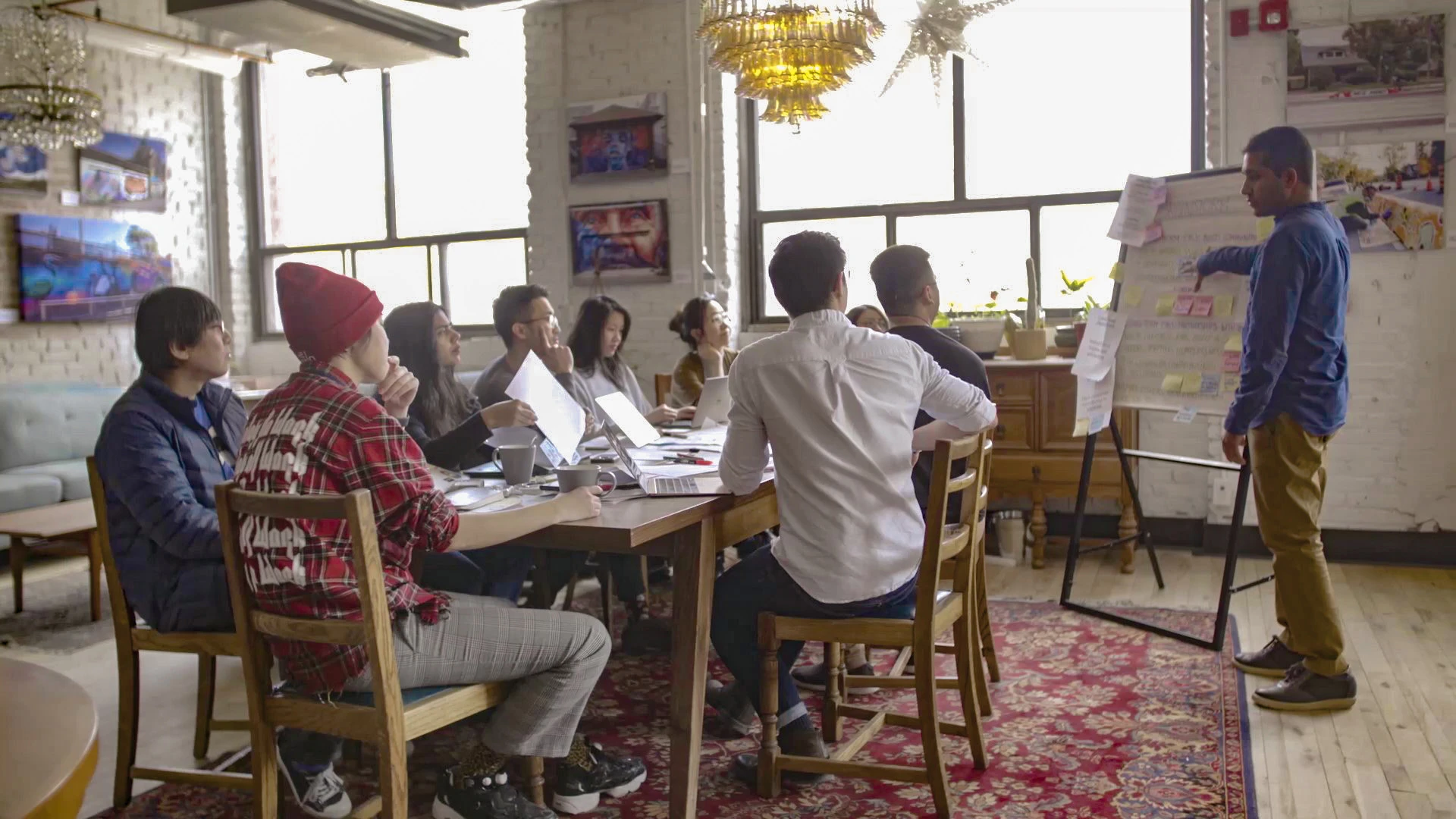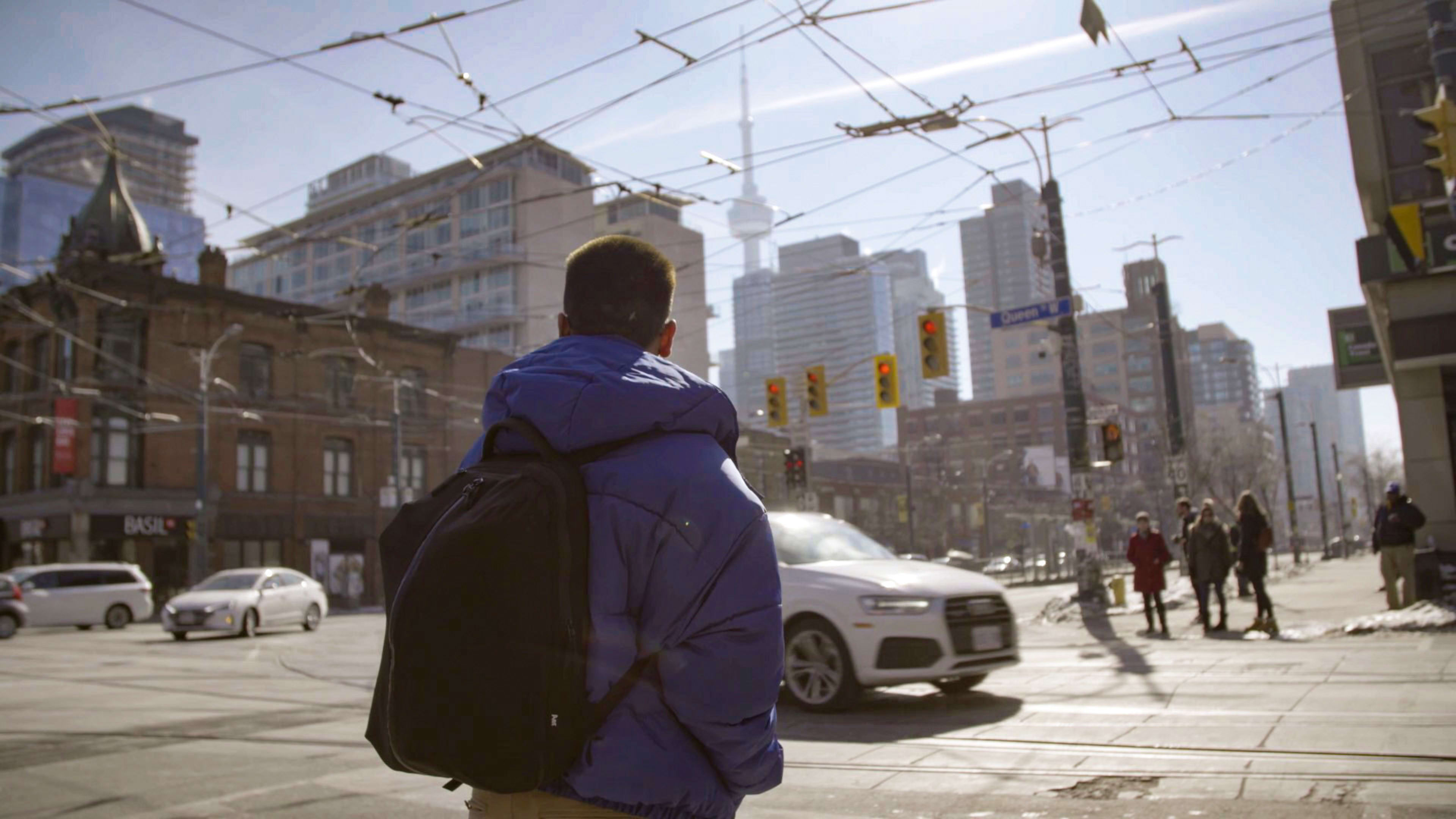It’s a worst-case scenario: You lose your job, burn through your savings, and don’t have a support network to help you pay rent. When you’re evicted, what do you do next? A new chatbot is designed to make it easier to find the answers.
Built by the Toronto-based startup Ample Labs, the chatbot, called Chalmers, helps quickly direct struggling local users to free meals, shelter, and other resources. The early version is simple, but the app will eventually be able to respond to detailed questions.

The information is difficult to find otherwise, says CG Chen, the founder of Ample Labs. Chen, who began exploring opportunities for technology to address homelessness as a student, helped develop a directory of services for the city of Toronto and then continued researching ways to make the information more accessible. While working on the project, one of the members of her team lost his day job and was on the verge of eviction himself.

“I found myself helping him navigate the system,” she says. “It took me hours to piece together the next steps of what he would have to do, and services that were available to help him. The entire process was so time-consuming, and I was so frustrated.”

The team spent months working with people experiencing homelessness, along with frontline staff at agencies and shelters, to develop the new app. A chatbot made sense, Chen says, because it directs people to information quickly and because most people who need help do have smartphones. “When we went into shelters and did codesign and [testing], we also found that people are more likely to tell personal information to a bot,” she says. Even her team member waited weeks to ask for help because of the stigma of the situation, despite the fact that he was working on a project about the same issue.
The startup is currently taking part in Fast Forward, an accelerator for tech nonprofits. They plan to continue to add features, including a way for people using the chatbot to give reviews on services so they can share tips on which food banks have the healthiest food, for example. The next step: to expand to other cities struggling with high rates of homelessness. “We want to perfect the technology and really hit market saturation in Toronto to prove the use case,” Chen says. Then, “to deploy it in a new city is really easy. All we need is the right data partner.”
Recognize your brand’s excellence by applying to this year’s Brands That Matter Awards before the early-rate deadline, May 3.
